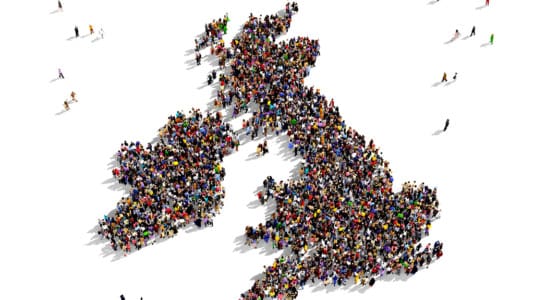How is it to be a conservative now in Italy?
Italy is actually a rather conservative country. Compared with other Western European countries, people in Italy are more conservative, including many of those who do not define themselves as conservatives. Right now, we have not only a conservative cultural landscape but also a conservative political landscape. We have a conservative government that is quite good. And I think that it is important to start working on explaining what the values of conservative people are.
Would you say that Italy is now going the Hungarian and Polish way, with Giorgia Meloni at its head?
Western European countries have a different history from that of Central European countries. For sure, there are policies enforced by the governments of Hungary and Poland, like for example those in favor of the family and pro-natalist policies, that we need to enforce as well. But there are some policies that would be more difficult to have in Western Europe. Let us not forget that the idea of conservatism is always linked to all the national characteristics of a given country. That is why Latin conservatism is quite different from Central European conservatism, which is itself different from Anglo-American conservatism. So, it is important to try and find some conservative values in a different manner from country to country.

Talking about those conservative values that may differ from country to country, we are meeting at CPAC Hungary, the American and European conservative conference. I heard many sensitive things said here, but what is the point of meeting to say those things?
I think the point is to create a method. We start doing it with many European, but also American and Israeli think tanks and foundations. Our goal should be to find some common values and to have all of us defending those values in our respective countries. It is important if we want to be organized to fight the idea of political correctness and cancel culture, and not to be divided and isolated in our respective countries. We really need to find some common values and fight together to achieve good results.
[pp id=76717]
At CPAC Hungary 2023, you took part in a panel discussion during which you talked about the cultural revolution and the fact that it has happened at least in big parts through schools and universities, with the left being very present in these areas. Do you think we can still reverse this cultural revolution?
It is a good question. What we should not try to do is to replace one cultural hegemony with another cultural hegemony. However, we must insist on the importance of freedom. A cultural counter-revolution could mean, for example, that the conservatives can have the opportunity to speak at big events that are not conservative ones. In our country, for example, there are many public state-sponsored events and when you look at the panels, there is no one from a conservative or a classical liberal or Catholic sphere, and this is not right. So what we have to do is to try to underline what is important to freedom in society and in politics. Bringing back freedom of speech in this present cultural moment would be in itself a kind of revolution.
What about the media in Italy? Is it diverse or is it dominated by the Left like in Germany, France and Spain?
We have many media outlets in Italy, including many conservative ones. We have conservative newspapers and magazines and some conservative TV channels, but generally speaking, the mainstream media in Italy also has a left-wing bias. Like all over Western Europe, the media outlets that present themselves as neutral are in fact more likely to be liberal.
[pp id=76559]
During your panel discussion, you also talked about freedom having to be defended. Is freedom threatened in Italy?
Compared to other West European countries, Italy is in a good situation because people in Italy reject many crazy woke ideas. Italy too is at the center of an effort to spread political correctness and woke ideas, but this is not accepted by a majority of people. I do not know what the situation will be in 20 years or 30 years from now, but presently the situation in Italy is not like, for example, in Belgium or in France, and we also do not have problems of the same scale with immigration.
There is an evolution in a bad direction. I believe, however, that having a conservative government, this can be stopped and we, as conservative think tanks and foundations, can also contribute to reversing the trend.
You are yourself the chairman of Nazione Futura. What is Nazione Futura?
It is one of those conservative think tanks and foundations. It was created in 2017, and we now have more than 70 circles throughout Italy, in many towns and cities where we organize events and conferences. We are doing the same work that is normal for American and English think tanks but which is not very often encountered on the conservative side in Italy. Our idea is to create links with politicians and the cultural world in order to spread ideas and values that we think are part of a conservative view of society.
Francesco Giubilei has been listed by Forbes as one of the 100 most influential young people under 30 in Italy. Apart from leading Nazione Futura, he is a commentator for right-wing media outlets as well as an essayist, publisher and member of the scientific committee of various foundations. He was a member of the Italian government’s Scientific Committee on the Future of Europe appointed by the Prime Minister’s Office and the Ministry of Foreign Affairs to participate in the Conference on the Future of Europe.






